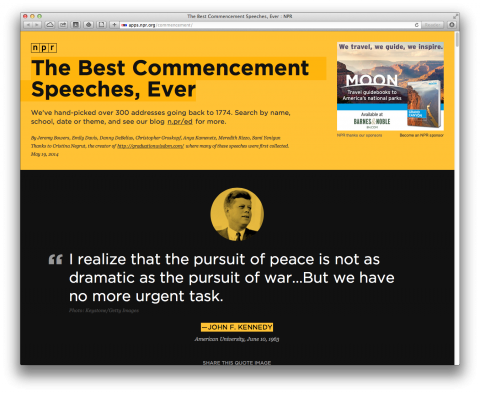1. Don’t overthink. Too much thinking often results in
getting stuck, in going in circles. Some thinking is good — it’s good
to have a clear picture of where you’re going or why you’re doing this —
but don’t get stuck thinking. Just do.
2. Just start.
All the planning in the world will get you nowhere. You need to take
that first step, no matter how small or how shaky. My rule for
motivating myself to run is: Just lace up your shoes and get out the
door. The rest takes care of itself.
3. Forget perfection.
Perfectionism is the enemy of action. Kill it, immediately. You can’t
let perfect stop you from doing. You can turn a bad draft into a good
one, but you can’t turn no draft into a good draft. So get going.
4. Don’t mistake motion for action.
A common mistake. A fury of activity doesn’t mean you’re doing
anything. When you find yourself moving too quickly, doing too many
things at once, this is a good reminder to stop. Slow down. Focus.
5. Focus on the important actions.
Clear the distractions. Pick the one most important thing you must do
today, and focus on that. Exclusively. When you’re done with that,
repeat the process.
6. Move slowly, consciously. Be
deliberate. Action doesn’t need to be done fast. In fact, that often
leads to mistakes, and while perfection isn’t at all necessary, neither
is making a ridiculous amount of mistakes that could be avoided with a
bit of consciousness.
7. Take small steps. Biting
off more than you can chew will kill the action. Maybe because of
choking, I dunno. But small steps always works. Little tiny blows that
will eventually break down that mountain. And each step is a victory,
that will compel you to further victories.
8. Negative thinking gets you nowhere.
Seriously, stop doing that. Self doubt? The urge to quit? Telling
yourself that it’s OK to be distracted and that you can always get to
it later? Squash those thoughts. Well, OK, you can be distracted for a
little bit, but you get the idea. Positive thinking, as corny as it
sounds, really works. It’s self-talk, and what we tell ourselves has a
funny habit of turning into reality.
9. Meetings aren’t action.
This is a common mistake in management. They hold meetings to get
things done. Meetings, unfortunately, almost always get in the way of
actual doing. Stop holding those meetings!
10. Talking (usually) isn’t action.
Well, unless the action you need to take is a presentation or speech
or something. Or you’re a television broadcaster. But usually, talking
is just talking. Communication is necessary, but don’t mistake it for
actual action.
11. Planning isn’t action. Sure, you
need to plan. Do it, so you’re clear about what you’re doing. Just do
it quickly, and get to the actual action as quickly as you can.
12. Reading about it isn’t action. You’re reading an article about action. Ironic, I know. But let this be the last one. Now get to work!
13. Sometimes, inaction is better.
This might be the most ironic thing on the list, but really, if you
find yourself spinning your wheels, or you find you’re doing more harm
than good, rethink whether the action is even necessary. Or better yet,
do this from the beginning — is it necessary? Only do the action if it
is.
Source: Leo Babauta

